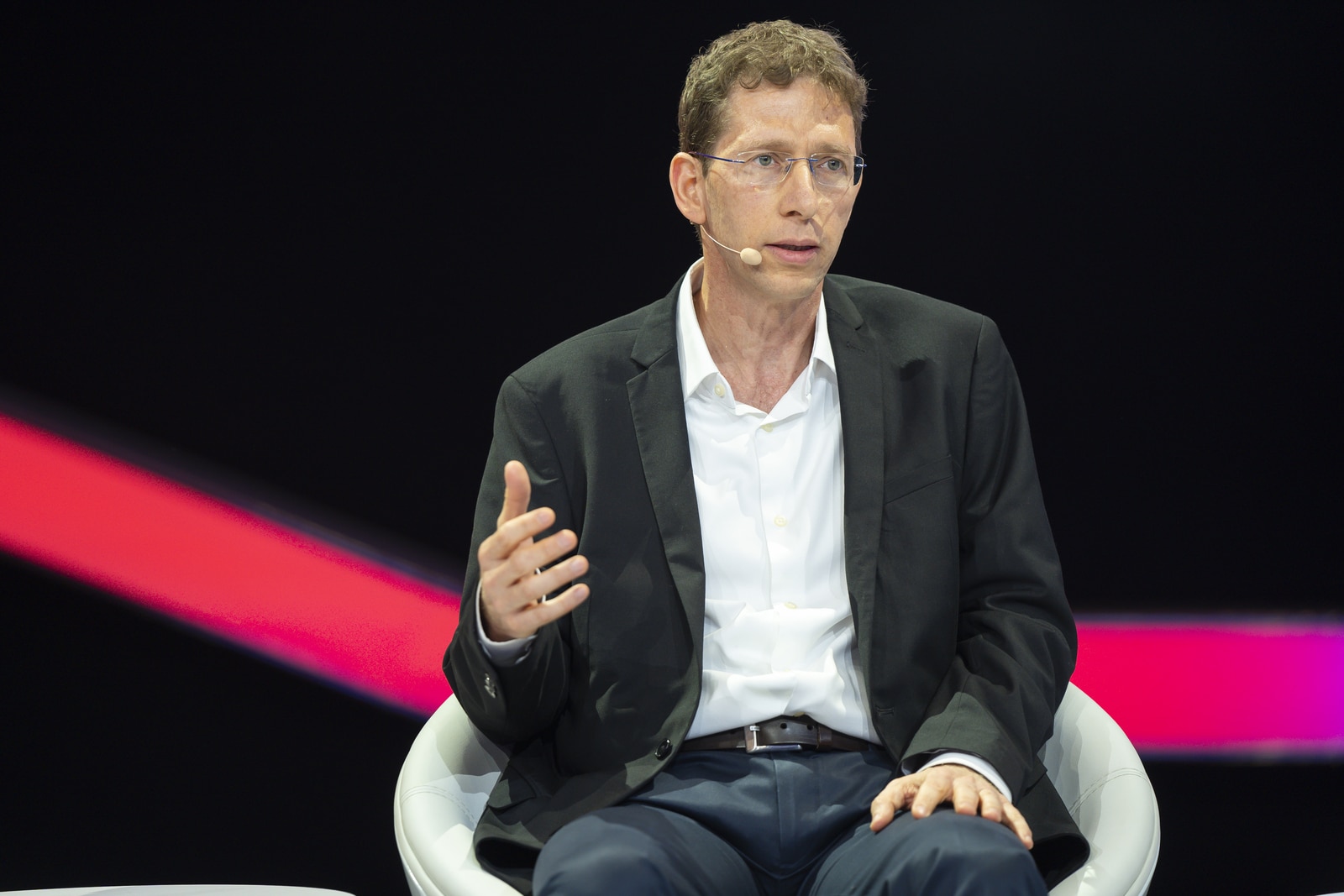Imagine it’s 2025, five years into the future. What will marketing and artificial intelligence (AI) look like?
That was the question posed by moderator Aaron Shapiro, former CEO of full service digital agency Huge Inc. After noting that AI has the potential to deliver the marketing holy grail of ‘the right message at the right time,’ he turned to the panelists, Eldad Maniv, President and COO of Taboola and Brad Benson, VP of Intel Architecture, Graphics and Software and General Manager of Intel Software Central, for the answer.
Benson kicked the conversation off by telling the audience that AI is developing rapidly and, as with all technology, tech development is about trying to solve problems.
What’s a marketer’s biggest problem? Converting data into useful information. Benson explained that with nearly 2.5 quintillion data points produced daily, AI is the only way to translate data into something meaningful to create personalized marketing campaigns.
Maniv added that marketers have been talking about personalization for the last two decades, although they’ve accomplished very little. He acknowledged that yes, Netflix and Amazon make recommendations, but most companies’ marketing doesn’t get more personal than ‘Hello, Eldad.’ And, he’s right. True personalization hasn’t been achieved.
Maniv continued by talking about how he envisions a future in which every brand has an army of marketers, one per customer, that create highly personalized experiences. He acknowledged that this will only be possible through AI.

Credit: Koelnmesse/photographer
Personalization is a double-edged sword
Maniv discussed how consumers like to believe that they have free choices, but that may not be true. He gave the example of a connected world in which a coffee machine makes your favorite cup of joe, and your car knows where to take you, all of which he admits is a great benefit. But then he said:
“On the other end of that is the question of are we really getting the free choice or are [a] few technology companies getting more and more power and really narrowing down what it is that we choose from?”
Maniv explained that marketers want to sell a product, but tech companies want the full attention of users. On the flip side, too much choice leads to frustration, so perhaps this trend will make people happier.
Can AI solve the power struggle between tech companies, brands, and consumers?
Benson is betting on AI to do just that. He explained that in the future, AI could be integrated into consumer devices, rather than being solely owned and operated by tech giants. He believes that this will significantly change how marketers reach consumers, once consumers have an app on their device that lets them control personalization and information.
Shapiro pointed out that a battle might be afoot. It will be between the AI that powers marketers’ algorithms to target consumers and the AI that consumers use, which could show them info that marketers might not want them to see.
AI will impact publishers and media companies
In the last few decades, media has shifted from being controlled by powerful organizations to a more independent model, but with AI in the mix, it looks like it’s now heading in reverse.
“With AI, they [tech companies] control what exactly we experience, and media is currently being shifted into being more and more commoditized.”
So, what should media companies do? Maniv says it’s important to build their brand name into an entity that’s recognizable and credible in the era of fake news.
What does the future of marketing with AI look like?
When asked this, Maniv brought the conversation back to the army of AI-powered marketers. In what he calls ‘the middle,’ which refers to data science and optimization, running campaigns, ad ops, and media buying, AI and automation will do the work, but humans will have a role too.
“I believe that in order to figure out how the human mind works, what’s the impact, how to create a message – that’s one area where there’s significant value of people running this.”
He continued:
“Creative is going to be a mix of humans and machines, but the ideas I think for the foreseeable future are going to be very human-oriented, whereas it’s going to be enhanced by machines.”
Benson agreed and added that even though technology solves problems and can do some things people can’t, marketers will always be part of the process.
How can marketers prepare for the AI-powered future?
Maniv said that AI is not that far along in reality, and there’s still quite a way to go before most marketers will use it. Benson agreed, but they both had advice for marketers.
Maniv thinks that as a marketer, you should make sure to not underestimate AI. It is a true revolution, not just buzz word that will go away next year.
“If I were a marketer in 2019, I would think real hard about my skills, my knowledge, and how AI might change my career path and my personal development.”
Benson recommends that marketers don’t need to become programmers, but they do need to have a basic understanding of AI.
“As we see an increase in both the accessibility and performance of AI technologies, we will continue to see new solutions that will give companies advantages in the market Marketers who stay ahead of the curve on these innovations will have an advantage over their competition.”
Watch the full discussion for more insights!
Credit: Koelnmesse/photographer